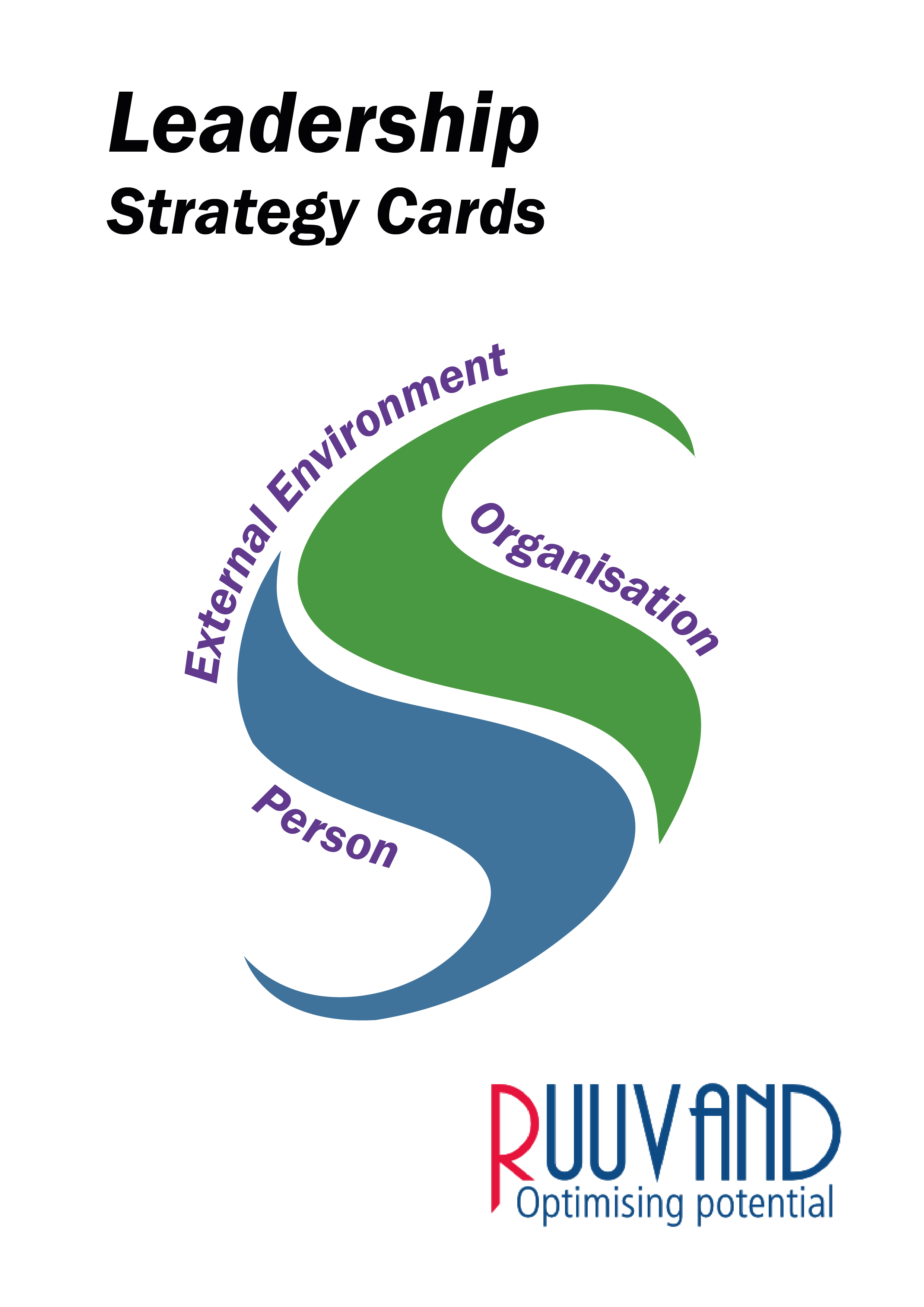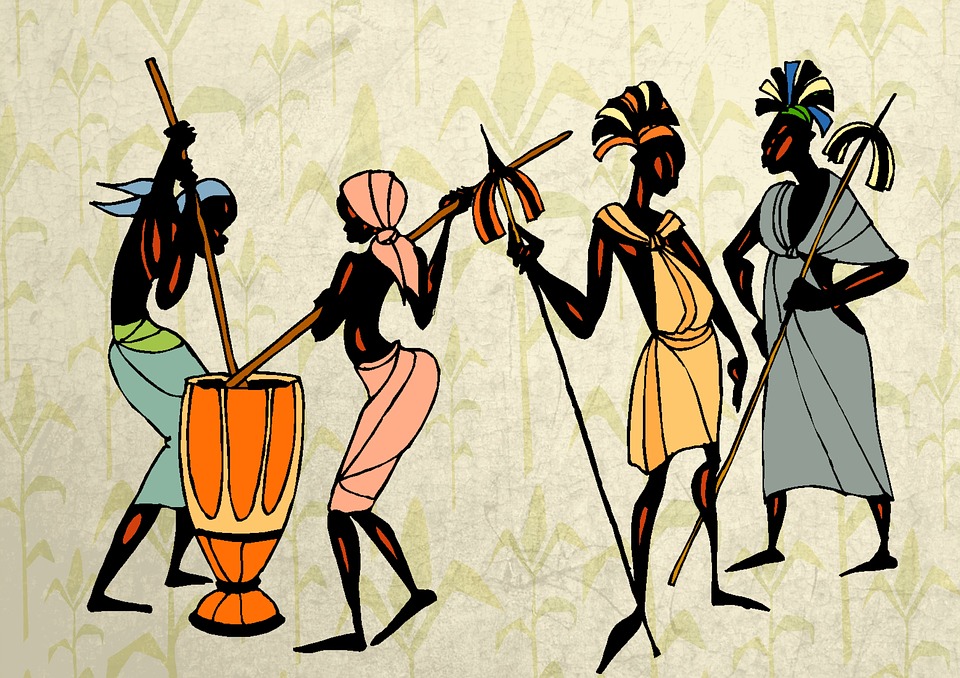
Uncertainty seems to be a feature of our news, the business literature, and the lived experience of leaders envisioning the path ahead. The BANI framework—coined for describing the Brittle, Anxious, Nonlinear, and Incomprehensible modern world we have created—captures this moment. Yet all the discourse, whilst acknowledging how people are feeling, also feeds the fire of our emotions about being out of control.
Feelings of uncertainty seem to be heightened by a realising that for all the dominant agentic outlook promoted as a leadership model and experienced as the norm in modern society, we are in fact not in control of our business world, let alone our existence beyond it. We never were, even at times when events seemed more predictable. For many in less financially affluent parts of the world, this reality—that we live in a complex world and that everyday existence is precarious—is not new. It always was. Resilience is part of the human make-up, and our minds and bodies have inbuilt survival mechanisms to bounce back from reasonable levels of anxiety about life’s uncertainties.
Risk in being about probability, is different from uncertainty. It is usually viewed through a lens of likelihood of an event and its impact. It is more quantifiable and more controllable. Risk management strategies in business tend to be: mitigate, avoid, reduce, transfer, or accept it, or any combination of these. For a leader there are many risks to manage. In smaller entities held in the head and body, in larger entities, a documented framework with a dashboard, perhaps with algorithms feeding it.
Many of the financial and operational controls in your organisation manage the risk of humans intentionally or accidentally, acting contrary to expectation. This can have considerable impact on performance, finances, and reputation.
The Risk No One is Tracking
The one set of risks unlikely to be on a risk framework is the one that interests me here and ought to interest every leader: the risks of your personality when you use, then over-use, your strengths.
Consider the shadow of a key strength you and others rely on for success. How you use that strength when your guard is down due to stress, pressure, anger, frustration, hunger, tiredness, illness, or when very comfortable in a situation. This sub-optimal state can compromise your performance and stability. Visualise any racket sport player fully extending to reach a ball, or a fighter in a similar fully extended position. Referred to as derailing by Hogan Assessments and as over-extending by Lumina, this phenomenon is masked by the proven benefits to success of using our strengths.
Do you recognise this in yourself, a peer, or your boss? Do not be surprised if you don’t.
Self-awareness is the most potent tool for managing this risk—a tool which many leaders possess in good measure in a broad sense. Danger lurks in the blind spot we all have from successful deployment of our strengths to reach our leadership positions. The warm, empathetic, and sociable leader who avoids feedback conversations they sense would be difficult. The outgoing, ambitious, daring leader who stops listening and takes an uncalculated risk on a major decision.
Circling back to that key strength you identified earlier: when you have used it effectively under less-than-optimal conditions in the past, which aspects of your personality have you actively had to manage to remain effective in decisions, actions, and relationships, so the strength doesn’t get in your way and that of your team?
Managing the Risk
Proven ways to manage the risk of derailing and over-extending include:
- Proactively activating your personal values in sub-optimal conditions
- Using another strength to control it
- Having a trusted third party to spot and remind you to be mindful
Pay particular attention during any transition in your leadership role, and at known pressure point cycles in your monthly or annual calendar—preparing for Board meetings, project deadlines, performance reviews.
Underpinning all of this is taking your physical, mental, spiritual, and social wellbeing seriously. This provides a robust base from which to respond to sub-optimal conditions—and to catch yourself before your greatest strengths become your greatest liabilities.



